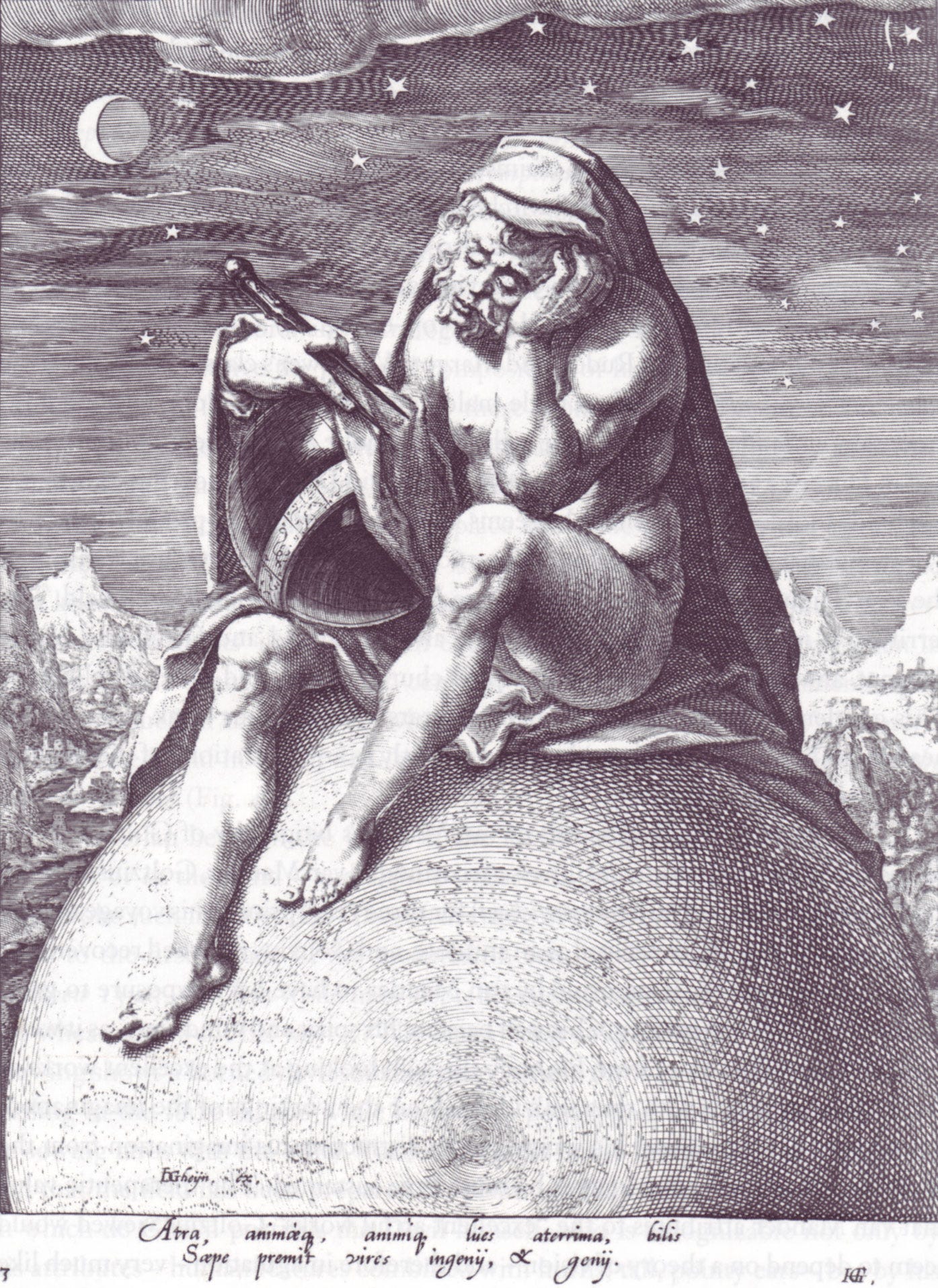Embodying Saturn Part II
On bringing the planets back down to earth
This newsletter is part of a series on the magical-creative properties of the planets, as well as how to begin embodying them yourself.
So much of astrological study nowadays is confined to book learning but my understanding of the planets improved dramatically when I began engaging them directly. By doing so, I could conjure feelings, deeply-impressed images and great meaning behind the words I used to describe them. I could begin noticing Mercury or Mars acting in my daily life, bringing more of what I needed into my life through activities, planets, colors.
This newsletter offers you a portal to have your own connection to Saturn. It’s one thing to say Saturn is about deep thought or death but it’s another to be in the midst of a solitary study session or harvesting the last produce from your garden and think “Saturn would like this too”.
If you want help connecting to your unique Saturn, and the rest of yourself through the stars, my books are currently open! My readings are meant to lift you up, to secure you against difficulty and remind you that there is always space, creativity, play. Book now to remember your place in the cosmos.
This writing is intentionally not technical and meant to be understood even by those who have not studied astrology but want to connect more deeply to their world and themselves. Remember: these planets all describe fundamental parts of us. Whether you try to or not, you embody Saturn everyday. By learning what functions and activities with which Saturn corresponds, you learn more about yourself and your life, with nothing added but attention.
By reaching this felt understanding of Saturn (and the other planets), I believe we are also able to be better magicians and artists— two categories whose differences are slowly shrinking in my eyes. Do we not need the same centeredness and momentum to create a piece of art as we do to create a spell or gaze into the future? Aren’t we vessels for something beyond our small self in both? This essay also delves into where in your creative-spiritual practice a dose of Saturn could serve you well.
To Read Part I on Embodying Saturn, click here.
Exile
One of my favorite passages from Italian scholar Marsilio Ficino regards the seven planets and human nature. He says that all humans and animals partake in the nature of Mars, Venus and the Moon,1 or fighting, copulating and nurturing. Only humans partake in Solar, Mercurial and Jovial things, or the nature of the Sun, Mercury and Jupiter. But whereas all humans share the nature of the three planets, Saturn is singled out as only affecting some of us. “Saturn cannot easily signify the common quality and lot of the human race,” Ficino reasons, “but he signifies an individual set apart from others, divine or brutish, blessed or bowed down with the extreme of misery”.2 Not only is Saturn singled out themselves they also signify and indicate such exiled people.
When explaining Saturn, I always point out its position at the borderlands of the solar system. They are the farthest planet we can see with the naked eye, marking both the distance our sight can go and demarcating its limits. They teeter at the edge of the known and also bar, or delay, our entry to the realms beyond. Even if animals cannot experience Saturn, they can still be of the nature of Saturn, as indicated by Agrippa listing “creeping things that are removed, solitary, nocturnal” animals as under the Greater Malefics’ auspices. Abu Ma’shar also adds long journeys, travel over long distances and absences from your homeland as Saturn’s children. All of these align with the image of Saturn as the parent of the exiled, the separated, those who do not completely belong to the time and place in which they find themselves.
This definition encompasses misanthropes, immigrants, refugees, outcasts, scapegoats, expatriates, the ostracized, or what Dr. Ali Olomi calls “liminal people,” those existing between or in no place.3 Even those who sit alone during lunch or never feel like they fit in can say they are Saturn’s children. But, like much of Saturn, there is a hidden benefit to the separation they afford. Ficino says that while Saturn is “hostile to those people who are either leading publicly an ordinary life… [t]o the minds of those who are truly sequestered as much as possible, he is in a way friendly, as to his kinfolk”.4 Truly submitting to your solitude while “laying aside their ordinary emotions” signals to Saturn that you are sympathetic to their divine will. When you feel alone and hopeless, you are not truly alone because that’s when Saturn emerges as an unlikely benefactor. He even says that Saturn has “relinquished the ordinary life to Jupiter” so Saturn can focusing on “[transcending] the physical”.5
Because, while difficult and isolating, the life of the exile that Saturn so values is also a portal to one of their great gifts: hard-won, durable wisdom.
an activity: Go a coffee shop, cafe, restaurant, you’ve never visited, preferably during a busy time with lots of people, and find a corner in which to sit with your drink. Imagine yourself a visitor from a foreign country or solar system, experiencing this place and culture for the first time. What do you notice? What insight does this outsider’s perspective afford?
Keep reading with a 7-day free trial
Subscribe to Recent Bedroom to keep reading this post and get 7 days of free access to the full post archives.


